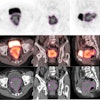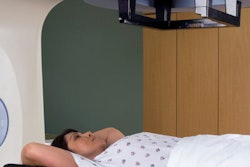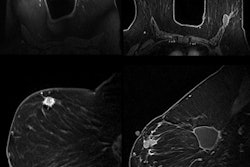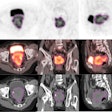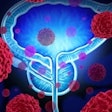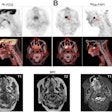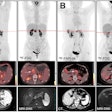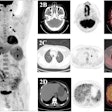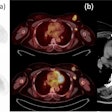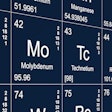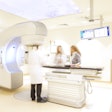Pediatric cancer survivors who live to middle age may be in danger of developing pulmonary hypertension if their treatment included radiation therapy, according to an article published online January 7 in the Journal of Clinical Oncology.
Pulmonary hypertension is a serious progressive form of increased pressure in the arteries in the lungs. If untreated, the condition is associated with a significant risk of heart failure and death.
Pediatric cancer survivors may face an increased risk of the disease if they are treated with radiation therapy, according to an analysis of data in the St. Jude Lifetime Cohort study. The study is a research effort by St. Jude Children's Research Hospital to follow more than 4,000 childhood cancer survivors, many of whom have entered middle age (J Clin Oncol, January 7, 2013).
A research team measuring late effects of chest-directed radiation therapy conducted a cross-sectional evaluation of 498 survivors to identify the prevalence of premature cardiac disease, heart valve abnormalities, and other radiotherapy-related cardiovascular problems. The patients ranged in age from 20 to 59 years, with a median age of 38 years. They had been diagnosed a median of 27.3 years ago, although the range from time of diagnosis spanned more than three decades, from 12.2 years to 46 years.
As part of their follow-up treatment, St. Jude cancer survivors had Doppler echocardiography exams. Co-author Dr. Vijaya Joshi, medical director of the hospital's echocardiography laboratory, noticed that some survivors had unexpectedly high pulmonary artery pressure.
His clinical observation led to the research, which linked the risk to chest irradiation of 30 Gy or more. These survivors were almost five times more likely to have elevated pulmonary artery pressure than patients treated without chest irradiation. They were also likely to be survivors of pediatric Hodgkin's lymphoma.
Specifically, among the cohort of 498 survivors, abnormal tricuspid regurgitant jet velocity (TRV) was identified in 25.2% of survivors who received chest-directed radiotherapy, and in 30.8% of patients who received a radiation dose greater than 30 Gy.
The findings will likely lead to revised heart screening recommendations for adult survivors of childhood cancer. Lead author Dr. Gregory Armstrong, an associate member in the epidemiology and cancer control department, said the risk might have gone unnoticed in previous studies because survivors were younger and the screening involved a less detailed assessment of pulmonary artery pressure.



